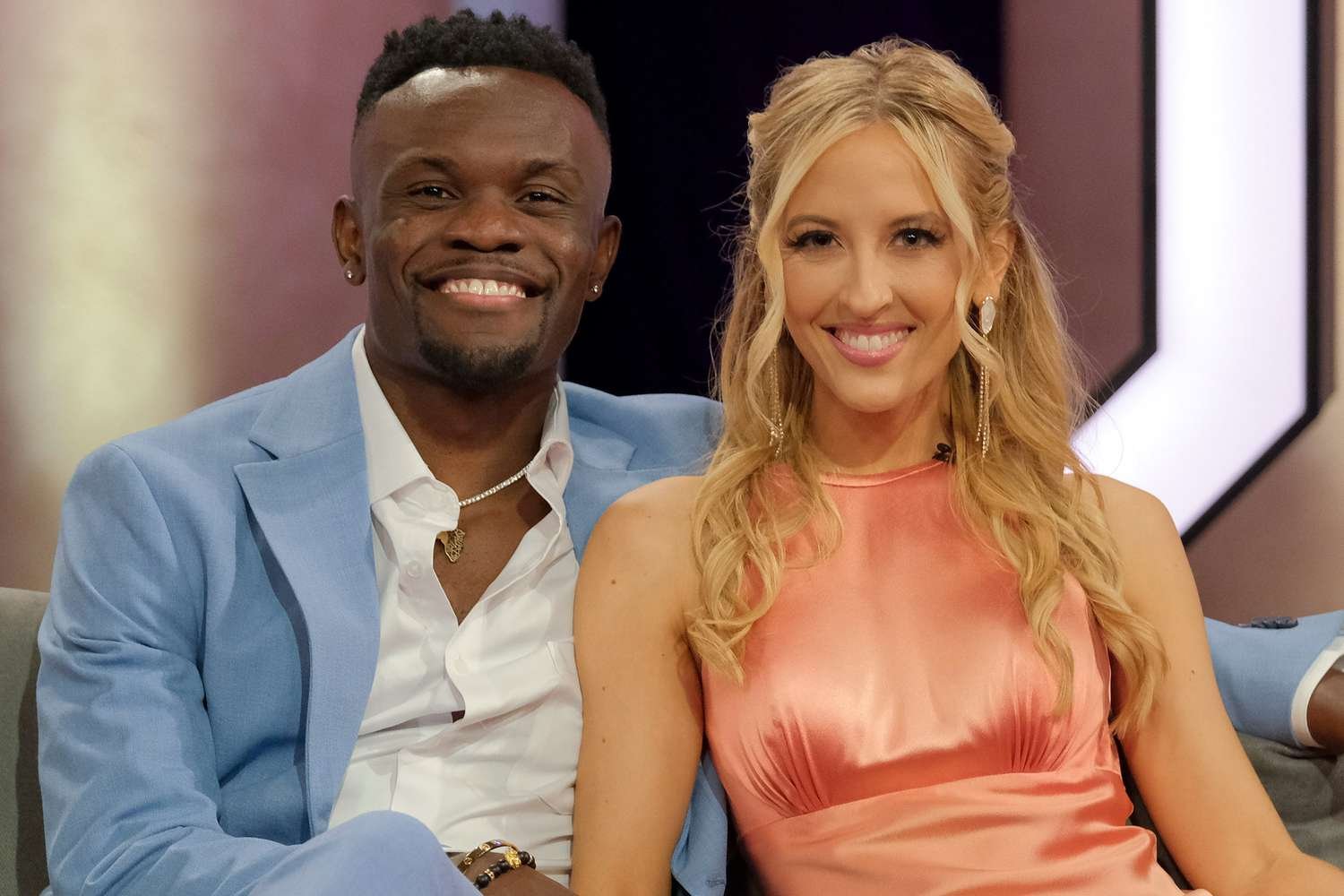THE CULTURAL COMMENTARY OF “LOVE IS BLIND”
Love is Blind is the hottest reality show airing right now & it isn’t just mindless entertainment.
+207K
increase in Instagram followers for @LoveIsBlindOnNetflix since season 4’s release.
+55%
greater subreddit
subscribers for r/LoveIsBlindOnNetflix season over season.
+42%
more TikTok videos created under #LoveIsBlindSeason4 than season 3.
Let’s dive into how Love Is Blind is encouraging impactful conversations around cultural issues that can often go underrepresented in TV.
MASCULINITY: People cherish the visibility of black men embracing emotional intimacy.
Black men who watch reality tv are +27% more likely to believe that traditional gender roles are outdated.
*more likely than U.S. gen pop black men
WOMEN’S HEALTH: PEOPLE ARE RAISING CONCERNS ABOUT THE PRESSURE WOMEN FACE TO CONCEIVE.
Gen Z women are +33% more likely to say that raising a family is not important to them.
*more likely than U.S. gen pop
“I recently had a miscarriage and it was the most pain I have ever been in in my life. It is wrong to ask people questions about their family planning and expect them to relive (potentially) traumatic events. You just don’t know what someone has been through. That line of questioning was totally inappropriate and I’m glad Vanessa and Nick are getting called out for it.”
“I think that the backlash on this [regarding the host pressuring the cast about having children] has actually really opened a conversation here about the pressure couples, but particularly women, feel in regard to pregnancy and how difficult and hurtful these kind of prying questions can be to couples who are struggling to conceive or just don’t want children.”
CULTURAL IDENTITY: BIPOC VIEWERS QUESTION THE NEED FOR ASSIMILATION TO BE ACCEPTED IN DATING.
Black individuals who are dating are +18% more likely worry about racism.
*more likely than U.S. gen pop
NEURODIVERGENCE: AUTISTIC COMMUNITIES SPEAK AGAINST BULLYING OVER LACKING “NORMAL” TRAITS.
41% of U.S. individuals believe that neurodivergent people (e.g. those with autism, dyslexia) could benefit most from better representation.

